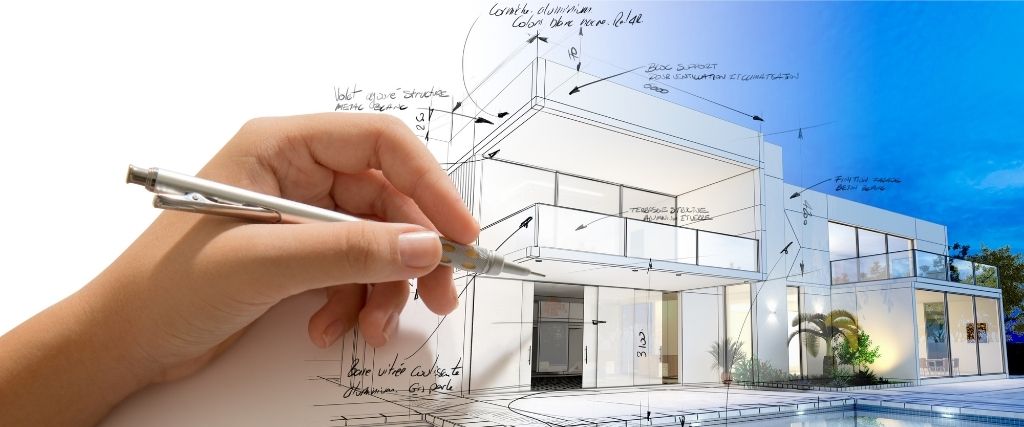Floods are unpredictable and devastating events for every homeowner. It can happen because of a variety of things— leaky pipes, cracks in the foundation, or severe weather. Leaky pipes and damages in the home may be easier to prevent or fix, but when it comes to extreme weather, it can be impossible to foresee.
Floods can cause severe damage and wreak havoc on a home if it’s not handled correctly. For example, leaving a leaky pipe unchecked can result in a burst pipe and an expensive repair bill. A couple of the most common effects of floods are water damage and mold growth. Severe water damage and mold growth can be challenging to remediate. Hence, it’s always better to work on prevention instead of dealing with it when it happens.
Although it’s impossible to prevent floods completely, there are things you can do to reduce severe damage. In this article, we will break down some simple tips you can implement in your household to reduce the chances of floods and the damage they can cause. Taking small steps of prevention will help keep your home in mint condition and save you from a hefty repair bill.
1. Reduce the use of water.
One of the easiest ways to prevent flooding in your home is to reduce your water usage, especially during heavy rainfall. Using too much water during heavy rainfall can overload the sewer system and cause raw sewage to be discharged into local rivers, which causes overflow. Although this might seem like a trivial thing to do, it’s an excellent way to keep your waterways clear and reduce the chances of flooding.
2. Repair damages immediately.
Floods can happen due to unchecked pipes or cracks in your home. These problems might seem minor but can grow into bigger issues if left untreated. Hence, to prevent flooding in your home, you should keep an eye out for any signs of damage and repair any leaks or cracks as soon as you spot them. Doing so will keep your home in tip-top shape and save you from an expensive repair bill.
3. Check your appliances regularly.
Appliances can easily break down over time, especially if you are out of date or rarely maintained. Appliances that need water to function, such as washing machines, refrigerators, or dishwashers, can malfunction and flood your home. So, to prevent floods from happening, you should also monitor your appliances and get them checked on from time to time. If they are outdated, then it might be time to replace them.
4. Consider the use of waterproof paint.
Floods can damage your walls and cause mold growth. An excellent way to avoid this is to opt for waterproof paint on your walls. Having waterproofed walls will reduce cleanup and residue and protect your home from the adverse effects of floods. It will protect your walls from moisture and prevent the growth of mold and fungi. Waterproof paint is also affordable and relatively easy to apply.
5. Keep your drains clear.
Clogged drains can cause flooding in your home. Keeping your drainage systems clear and free of debris is an effective way to prevent flooding. Clogs are bound to happen from time to time, so it’s crucial that you make time to clean them on a regular basis so they don’t get blocked. A simple way to do this is to flush your drains out with boiling water every week.
6. Reroute water away from your home
Living in the Gulf South, your house might be located in a ‘flood risk area’– meaning that your home is prone to flooding. The key to dealing with this is to focus on rerouting water from your house. You can install underground drain pipes or catch basins to keep water from entering your property and significantly reduce the chances of flooding.
The Bottom Line
Preventing floods from happening completely is impossible, but reducing the chances of flooding and the severe damage it can leave behind can be done. By keeping a vigilant eye on your home and being aware of any signs of damage, you can reduce the risk of flooding. Although you won’t be able to stop severe weather, having a well-maintained house will significantly reduce cleanup and repair costs.

